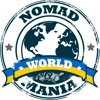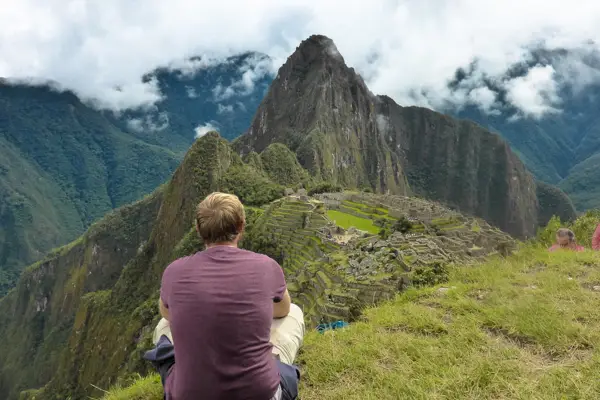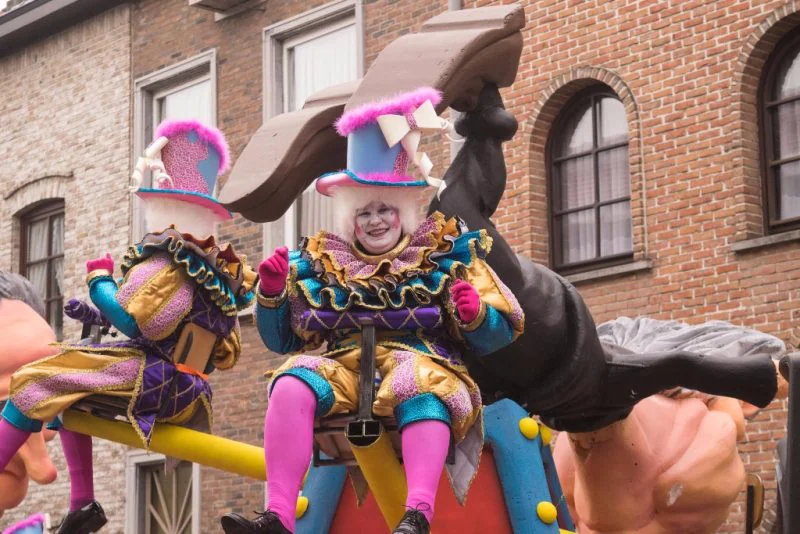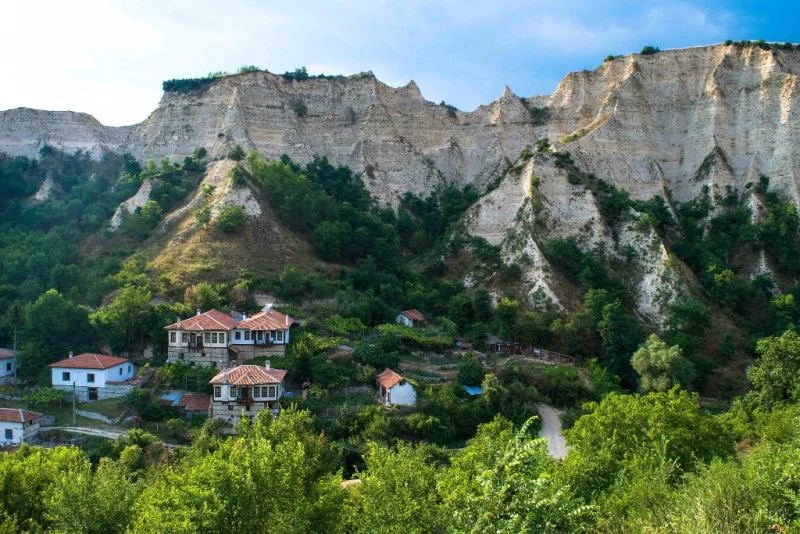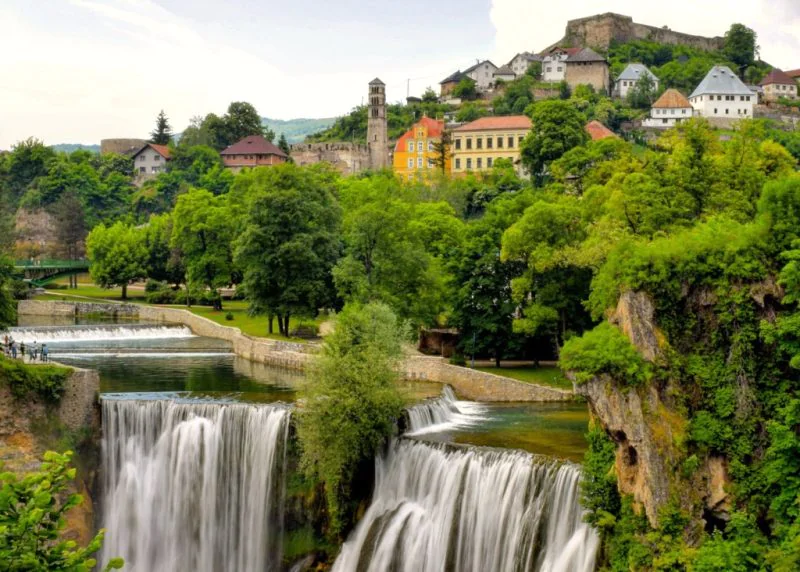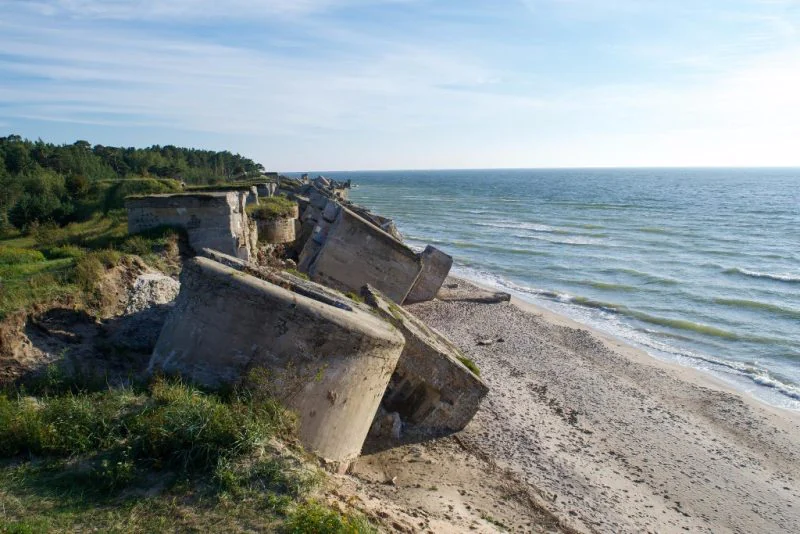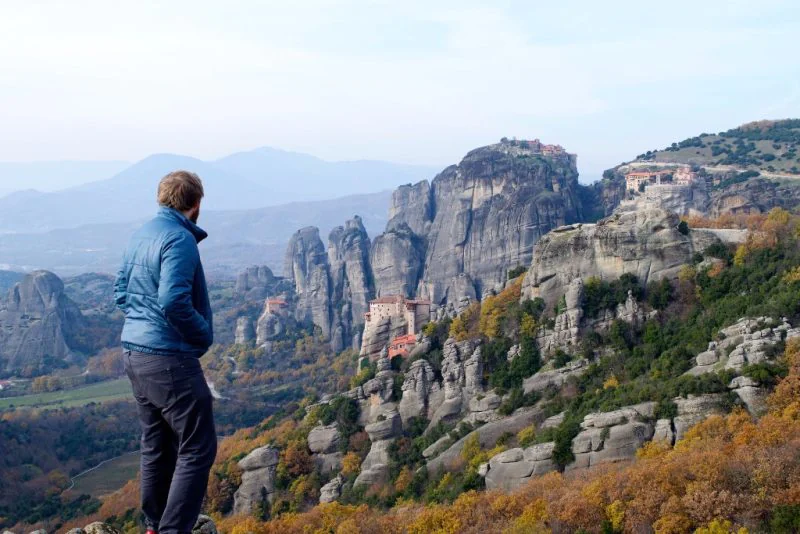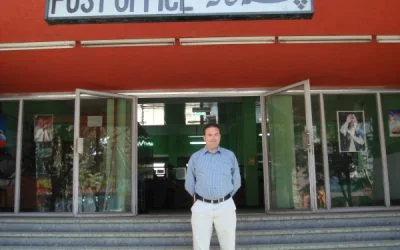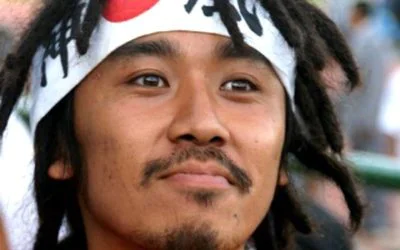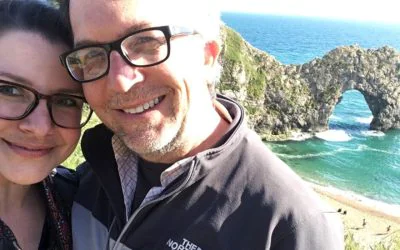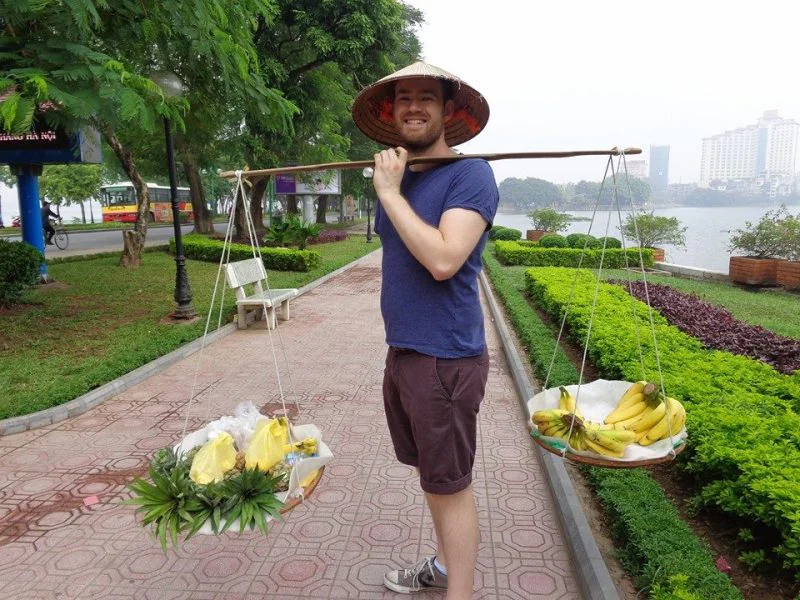
Tell us something about your background and how your interest in travel developed
My love of travel started young. When I was 7, my family moved to Sweden for 6 months for my father’s work. Over the next 5 years we were extremely lucky to return to Europe multiple times and also live in Belgium for a while. I attended schools and we got the chance to go on road trips and see neighbouring countries. At that stage what really excited me was trying to learn words in the local languages and I also spent a lot of time looking at maps.
It seems inevitable that when I could finally afford to travel as an adult that Europe would be my first real port of call. From there I was hooked again, so much so that 2 years ago I packed it all in to travel the world and haven’t stopped since.
How do you feel that your nationality has affected the way you see the world? How to people react when you tell them where you are from?
Having been born in Australia, we’re a long way from most other countries in the world and with no land borders, it’s at least one flight for any overseas travel. This sense of isolation I think makes Australians more eager to go out and see the world because it feels momentous and challenging. We also live in a multicultural society with influences from all over the world, which gives us a taste of all these cultures and makes us want to head out to experience them in full. Nearly everywhere I’ve been, people have been surprised and happy to learn that I’m an Australian from the other side of the world.
Tell us a couple of travel stories that have really made an impact on you.
I have quite a few stories of where things have gone either through bad luck or by my own hand, often resulting in me getting lost in the middle of nowhere. One time it meant finding my way down a large hillside, crawling down a steep rock face and passing through people’s backyards on the Bolivian island of Isla del Sol on Lake Titicaca. All so I wouldn’t miss my ferry!
A highlight from this year so far has to be experiencing the local Carnival festival held in the Belgian city of Aalst. I went with friends who lived in Belgium, watched the parade from their friends’ balcony and then in the evening dressed up and partied in the main square. It was so much fun and people were rapt when they found out I wasn’t Belgian but had still come to see their festival.
You have your own website, travelelsewhere.net. You state that you focus on places that are not so noticed by other travellers. Can you give us some examples?
To me it seems silly that these days there are places that are actively trying to turn away tourists like Barcelona and Venice, and then so many places that see barely any. I also quite like the sense of not knowing what I’m going to find in a destination, so it made sense to try and share some places less travelled. I’ve found Central and Eastern Europe to be extremely good for that. Many of these countries are mostly unfamiliar to Western tourists, like say Bulgaria and Latvia.
In Bulgaria there are places like the university city of Plovdiv with its many Roman and Ottoman ruins, but also alternative bars and cafes. It’s also home to the Sand Pyramids of Melnik, big wavy sandstone hills that surround the small winegrowing villages around Melnik. Latvia on the other hand, has castles galore along its picturesque Gauja Valley in towns like Sigulda and Cesis. It also has some beautiful beaches at the seaside towns of Jurmala and Liepaja. The old concrete bunkers used in World War II that are scattered along the beaches north of Liepaja are also just incredible.
What are some of the challenges of maintaining a website when you are travelling? And what do you get ‘back’ from it that makes you feel proud of it?
I definitely think that finding the balance between travelling and running my site is one of my biggest challenges doing what I’m doing. You really have to make sure you set aside or find time to write, edit photos, share content and that’s just the day to day. That being said, there’s definitely a sense of achievement when I look back at a particularly good article or photo. One of my most fulfilling parts is when I get comments from people local to an article I’ve written saying how happy they are to read what I’ve said and shown about their hometown.
You have travelled to quite a number of countries. Which countries surprised you, positively or negatively, compared to what you had expected before you went there?
I’d say most places I’ve been have left me surprised to some degree, but Cuba would have to be an obvious answer, because there’s no way I could have expected what visiting there on my own would actually be like. Society in Cuban runs so different to what I’m used to and while it could be challenging at times, I was glad to get to see it in action.
Bosnia Herzegovina would have to be another country that surprised me. My mental image was the country 20 years ago and while there are still reminders, I was totally unprepared for how beautiful the nature was and how friendly the people are. Bosnia Herzegovina was one of the first times I got to see a different side to Europe beyond the typical west.
Which places are high up on your bucket list and why?
The places I tend to have high on my bucket list are there because they seem so different to anywhere I’ve been before. So visiting countries in Africa like Ethiopia and Tanzania for their incredible landscapes and wildlife are right at the top, as well as countries like Oman and Iran for their fascinating culture and historical sites. The one place that has been on my bucket list the longest is the Faroe Islands due to their isolation and haunting, Nordic landscapes.
So where is ‘home’ nowadays? And how have your travels shaped how you see the idea of home itself?
That’s a tough question honestly. These days I jokingly say I’m “homeless”, but it’s not completely untrue. My concept of home has shifted drastically the last few years and gone from a set geographical place to somewhere where I have long-term friends, family and a sense of rest. With family conveniently close in Vienna, that is probably the most likely of any answer.
What are your travel plans for the rest of 2017?
Well I was just exploring Hungary, Romania and Serbia, but I’ll be spending several months in South East Asia between August and November, as well as visiting friends and family back home in Australia in between. Hoping to explore Malaysia more beyond Kuala Lumpur, but also see new countries like Laos and Myanmar.
Finally, a question we always ask. If you could invite any 4 people from any period of human history to a dinner, who would your guests be and why?
Well one person I think who’d be interesting to talk to is the author Jules Verne, as I love his novel Around the World in 80 Days and would want to ask him how he was able to describe far flung places he’s never been to so well. On a similar note, I think getting to ask Marco Polo about his famous travels east would be a great chance to hear some wonderful stories. I think Elon Musk is doing some incredible things at the moment and getting to chat to him about the future of technology and space travel would be riveting. And I guess last of all, why not Rowan Atkinson, because well he’s such an intelligent and funny man who I’d genuinely love to meet.
The photos in this interview are from David’s personal collection, showing him and his photographs from Hanoi (Vietnam), Machu Picchu, the Aalst Carnival, Melnik (Bulgaria), Jajce (Bosnia and Herzegovina), Liepaja (Latvia) and Meteora (Greece).
